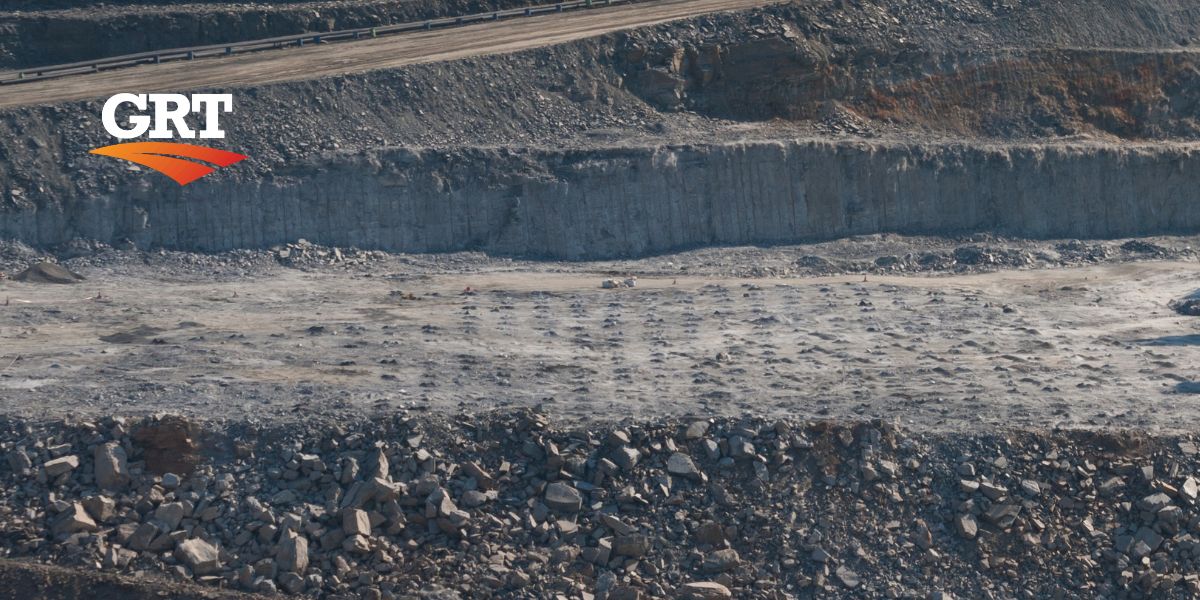The New South Wales government has launched a six-month campaign aimed at safeguarding workers in the construction and tunneling sectors from the harmful effects of silica dust exposure. Silicosis, an incurable lung condition, results from inhaling fine silica dust and can lead to lung inflammation and fibrosis. Numerous workers are at risk due to regular exposure to this toxic dust, primarily during tunneling activities and in the manufacturing of engineered stone used in household bathrooms and kitchens.
Exposure to silica dust can also occur during demolition, excavation, and through uncontrolled cutting, grinding, and drilling of materials like brick, concrete, sandstone, and tiles, according to SafeWork NSW. Minister for Work Health and Safety, Sophie Cotsis, emphasized the government’s commitment to implementing a national ban on manufactured stone, which is a major contributor to this deadly disease.
“The purpose of this campaign is to protect workers who may face the grave dangers of silica dust exposure and ensure safer workplaces in NSW,” she stated. “The NSW Government is dedicated to a nationally consistent ban on manufactured stone. Silica dust exposure poses a profoundly serious issue for workers across various industries, and we must heed the lessons from the past, particularly in dealing with asbestos.”
SafeWork NSW is taking a “zero-tolerance” approach and will prioritize inspections of high-risk workplaces ahead of the impending ban on manufactured stone in the state. Inspectors will also ensure that businesses adhere to regulations and educate workers on minimizing their exposure to silica dust.
Furthermore, SafeWork NSW will issue stop-work notices for workplaces generating high levels of dust and those failing to implement adequate dust control measures. Employers can face penalties of up to $130,000 if they do not comply with these notices. The Minns Labor government has enacted legislation to establish a silica worker register, enabling the tracking of exposed workers and facilitating early intervention. In related news, the NSW government is supporting a ban on engineered stone in a national meeting of Work Health and Safety ministers, taking place on December 13. The government plans to act unilaterally if an agreement cannot be reached.
Are environmental regulations, health and safety concerns or potential profit loss a concern right now?
In October 2023, union workers in Sydney marched to demand an immediate ban on engineered stone. The Construction, Forestry, Maritime, Mining, and Energy Union gathered outside New South Wales Parliament House, calling for an end to the importation and manufacture of this stone. Furthermore, the 2023 Commonwealth Industrial Relations Omnibus bill introduces changes that expand the functions of the Asbestos Safety and Eradication Agency. Silica will be included in this agency to enhance safety measures concerning silica safety and other silica-related diseases.
The bill also incorporates several amendments to the Fair Work Act, addressing issues such as casual employment, redundancy exemptions in insolvency contexts, the criminalization of wage theft, and preventing companies from underpaying workers through labor-hire practices. Overall, these initiatives and legislative changes underscore the government’s commitment to safeguarding the health and well-being of workers in the construction and related industries in New South Wales.
Silicosis toll rising
Recent data obtained by the ABC highlights a troubling increase in the number of workers suffering from silicosis, a debilitating lung condition caused by exposure to silica dust. Presently, there are around 700 documented workers’ compensation claims related to silicosis. It’s important to note that these cases encompass various professions, including wall and floor tilers, making it challenging to specify the exact number of claims directly linked to engineered stone in regions like Victoria, South Australia, and the Northern Territory. Federal Workplace Relations Minister Tony Burke has expressed deep concern over the situation, emphasizing that the majority of individuals affected by silicosis are young workers, most of whom are under 35 years old. This demographic trend raises significant alarm.
Dr. Ryan Hoy, a respiratory physician at Alfred Hospital who deals directly with silicosis patients in Victoria, has stressed the long-overdue need for a ban on silica dust. He finds it troubling that it has taken so many years to take serious action on this issue. Dr. Hoy is deeply concerned about the diagnosis of young workers with a potentially irreversible and life-threatening lung disease, considering it entirely unacceptable. These developments underscore the urgency of implementing comprehensive measures to protect workers from the hazards of silica dust exposure, particularly within industries such as engineered stone manufacturing.
Dust suppression is a critical issue in the world of mining and resources.
Learn more about GRT’s industry-leading and IoT-connected SMART Dosing Units, and discover how we’re driving better dust suppression solutions for all!
If you’d like to talk with an expert, simply contact us!
Your feedback is important to us.
If you enjoyed reading this Global Road Technology industry update and found it informative, please let us know by leaving a REVIEW.
References:
https://www.abc.net.au/news/2023-12-13/federal-state-ministers-to-meet-on-engineered-stone/103212480
Troy Adams
Troy Adams is the Managing Director of Global Road Technology (GRT) Specialising in Engineered Solutions for Dust Suppression, Erosion Control, Soil Stabilisation and Water Management. A pioneering, socially conscious Australian entrepreneur, Troy Adams is passionate about health and safety and providing innovative solutions that are cost-effective to the mining industry, governments and infrastructure sectors. Troy is also a tech investor, director of companies like Crossware, Boost, Hakkasan, Novikov and more.

